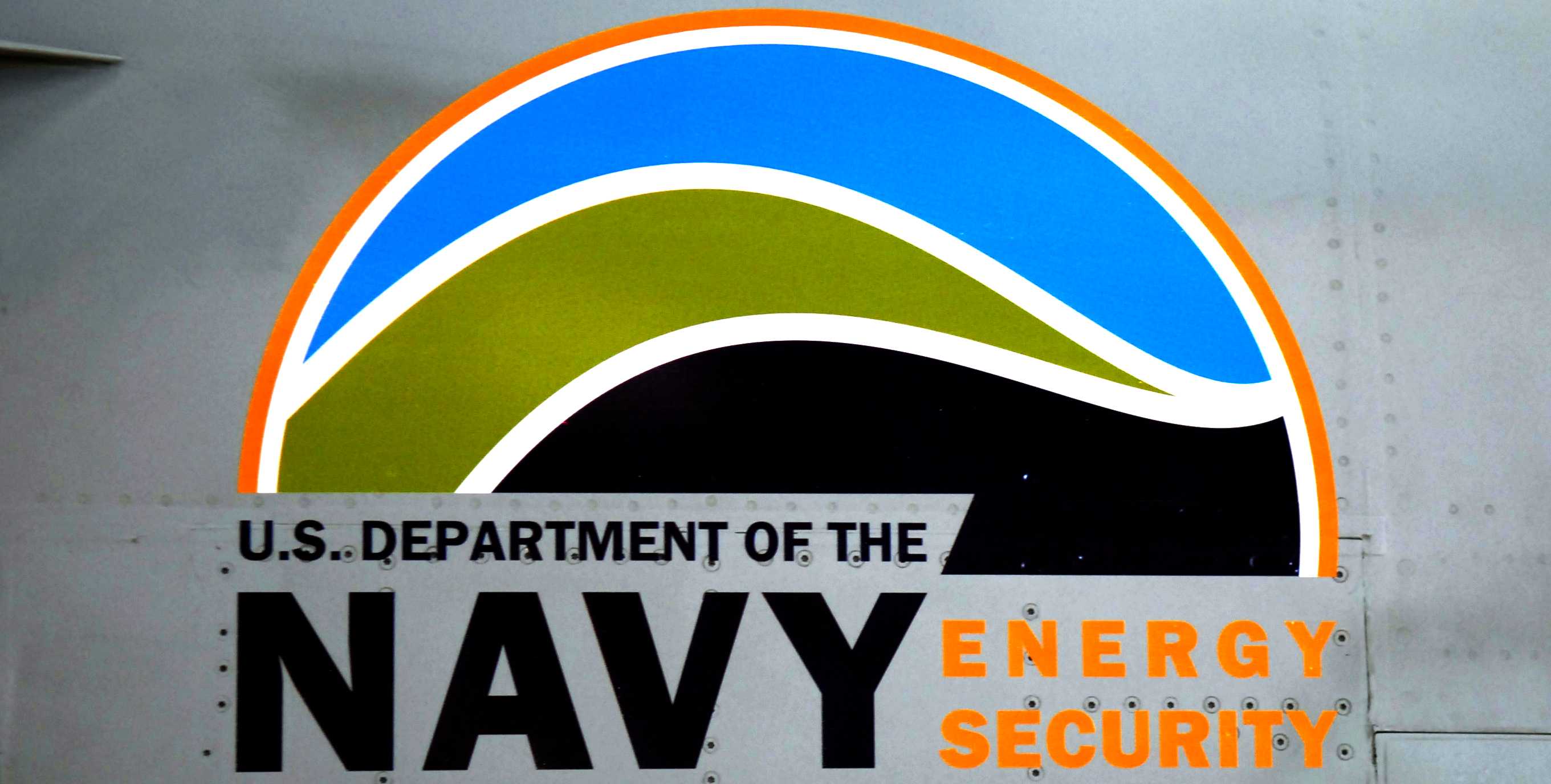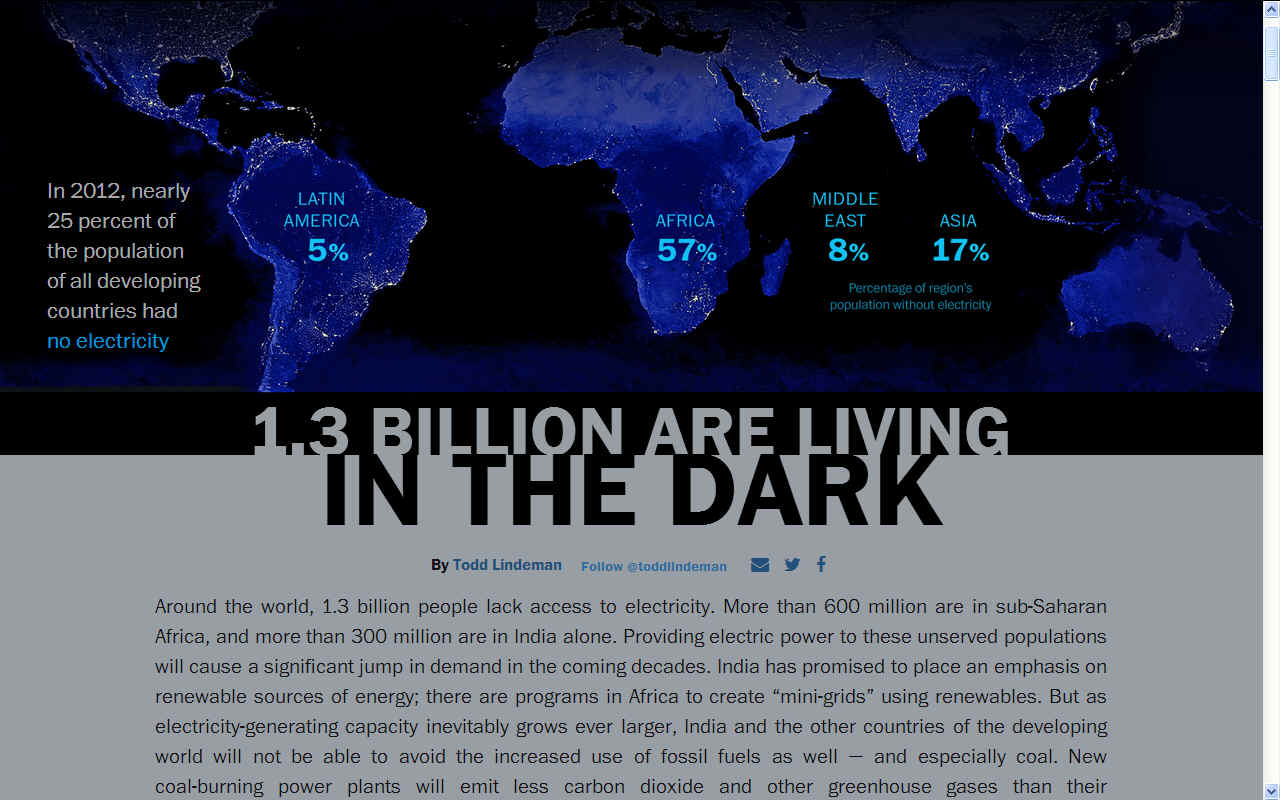|
ENERGY SECURITY - SHORT TERM
Please use our A-Z INDEX to navigate this site where page links may lead to other sites
|
POWER - Although some countries act as though there is no energy crisis, in fact they have departments for such matters. These departments are there to advise for how much longer they can abuse their positions in world politics, to take advantage of other countries and keep on killing species and warming the planet - before their positions as kleptocrats are compromised. It is a balancing act between the interests of the wealthy versus the interests of planet earth and the poorer members of society.
SHORT TERM SECURITY
Natural gas
Compared to petroleum, reliance on imported natural gas creates significant short-term vulnerabilities. The gas conflicts between Ukraine and Russia of 2006 and 2009 serve as vivid examples of this. Many European countries saw an immediate drop in supply when Russian gas supplies were halted during the Russia-Ukraine gas dispute in 2006.
Nuclear power
Uranium for nuclear power is mined and enriched in diverse and "stable" countries. These include Canada (23% of the world's total in 2007), Australia (21%), Kazakhstan (16%) and more than 10 other countries. Uranium is mined and fuel is manufactured significantly in advance of need. Nuclear fuel is considered by some to be a relatively reliable power source, being more common in the Earth's crust than tin, mercury or silver, though a debate over the timing of peak uranium does exist.
AFRICA & INDIA - In 2015 a world report concluded that 1.3 billion people were living in the dark. Rather than looking at this as a problem, we might take the alternative view that this is an opportunity to build a sustainable off-grid supply network using only renewables - so ensuring that what might be perceived as more strain in terms of climate change, might be prevented. We might achieve this with mobile units to begin with, until the affected regions have time to build permanent networks with installed wind and solar energy generators.
You might argue that they are the lucky ones. If they do not get on the development merry-go-round, they have nothing to lose. Once you join the rat-race it is hard to go back to less energy intensive living. There is an argument for not forcing change on tribes who are perfectly happy as they are.
MOBILE SOLAR & WIND POWER - Ideal for villages in Sub-Saharan Africa where electricity is scarce, and tsunami devastated regions in Asia for emergency supplies, units like this can provide stand-by electricity or instant power where none exists at the moment. This is another solution to potential world challenges from the Cleaner Ocean Foundation and Climate Change Trust.
The vehicle shown is part of an experiment in connection with river and ocean cleaning vehicles on water. But is the prototype for larger and smaller mobile power units that may be supplied as off-grid power supplies on a temporary or more permanent basis.
Energy is needed to keep our nations functioning. Humans need energy to survive in the form of food. Farmers need energy to grow food and fishermen need energy to catch fish.
Our homes use energy. Our cars use energy. Our factories gobble energy. Aircraft and ships use energy by the bucket load to deliver cargoes. And finally, we need energy to defend ourselves and know what is going on around us, and that includes looking out to the stars.
If we cannot secure enough energy to operate our countries that causes problems for governments, who start looking to other countries for energy. Sometimes illegally, as per the invasion of Iraq. Wars can start when things get tight.
Energy insecurity leads to political instability and vulnerability, a classic example of which is during the Second World War and petroleum used for aircraft, armaments and troops. Fuel dumps were prime targets to halt the enemy ambitions. Without the fuel they could not fight.
A fear of not having enough energy is therefore, a security issue. You may have witnessed panic buying when petrol is rationed. Civilians queue for hours for petrol and food when there is a threat of fuel shortages.
That is nothing compared to the panic in government offices that start planning scenarios for invading (stealing resources) from other countries they think they can pick on and get away with it. It is as simple as that.
THE LONG & SHORT OF IT
In the short term we are reliant on fossil fuels to take us into an age of long term energy security.
LINKS & REFERENCE
http://www.
Please use our A-Z INDEX to navigate this site
|
|
This website is provided on a free basis as a public information service. copyright © Climate Change Trust 2019. Solar Studios, BN271RF, United Kingdom.
|


